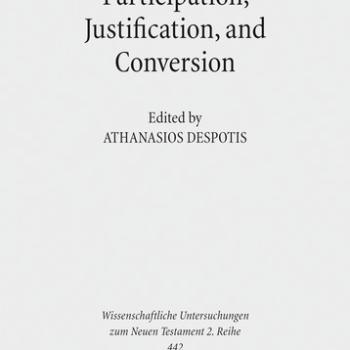Obedience is not generally one of my greatest strengths. I do not expect other people to obey what I say until we understand each other. I do not appreciate being told what to do without a supporting relationship of trust and communication.
It is not a challenge for me to work within a structure, when I can see how the structure works.
Benedict’s Rule, which guides Benedictine monastic life, has a lot to say about obedience. A vow of obedience is one of the basic commitments people make when they decide to begin Benedictine life.
Obedience is more than automatically complying with another person’s orders.
Quite a few questions arose in me as I discovered and explored monastic life.
Some of the lessons I am learning about obedience are about respecting and submitting to authority. Part of obedience is recognizing we may not always be right, we may not have all the right answers. Obedience becomes possible as we begin to appreciate the wisdom and insights of other people. Obedience often begins in understanding there may be much more to learn.
There are also lessons in the roots of obedience, what the word “obedience” actually means. The word “obey” comes from a Latin word that literally means to listen. If we are unwilling or unable to listen, it is not possible for us to understand or to comply with someone.
One of the later chapters of Benedict’s Rule is called Mutual Obedience. One translation reads, “Obedience is a blessing to be shown by all . . .” Benedict describes how obedience is a pathway to deeper truth. If he were writing today, he might say obedience is how we find our shared core values.
Who will you obey this week?
How will you listen to begin obeying today?
[Image by Boston Public Library]

















